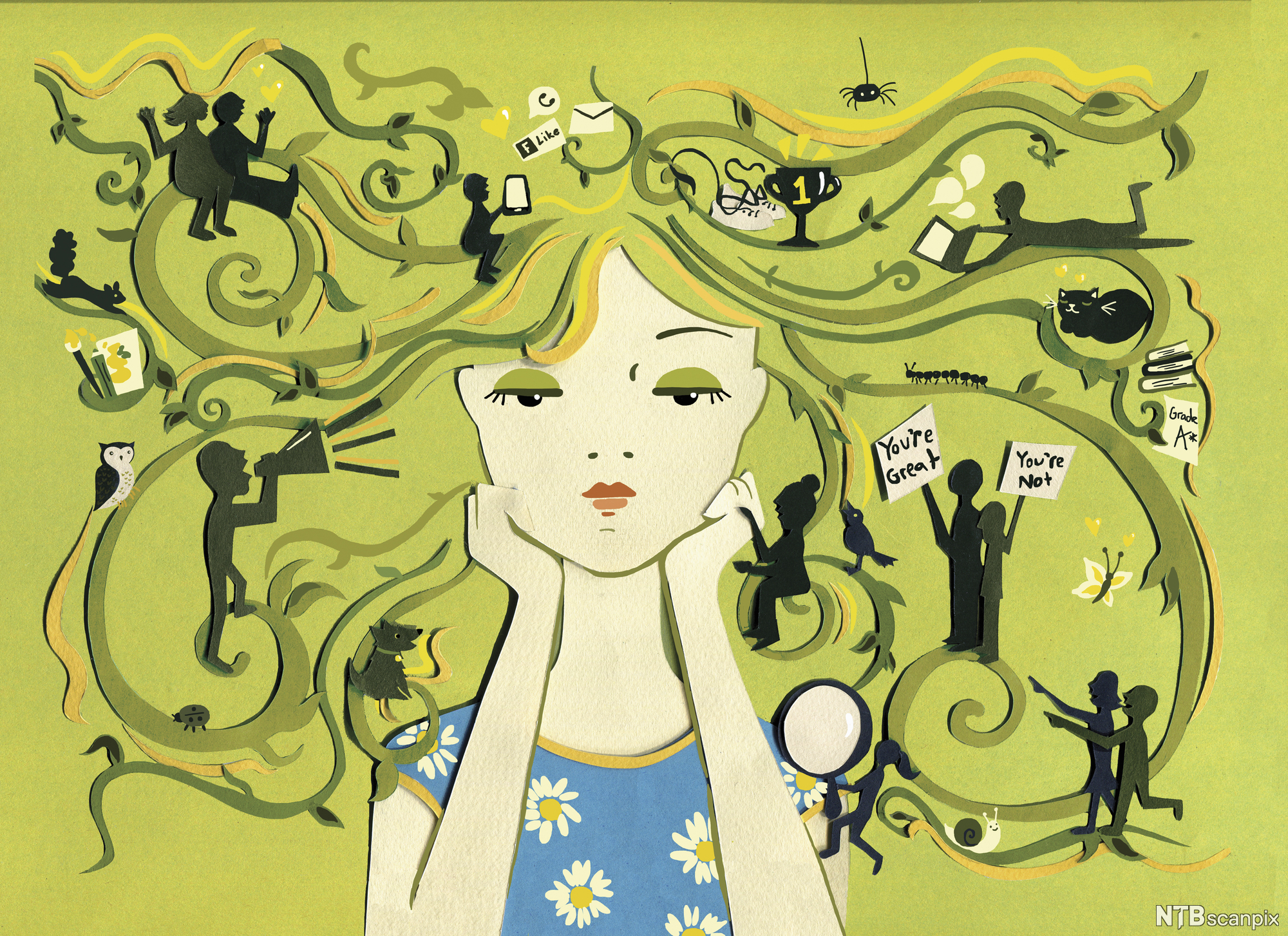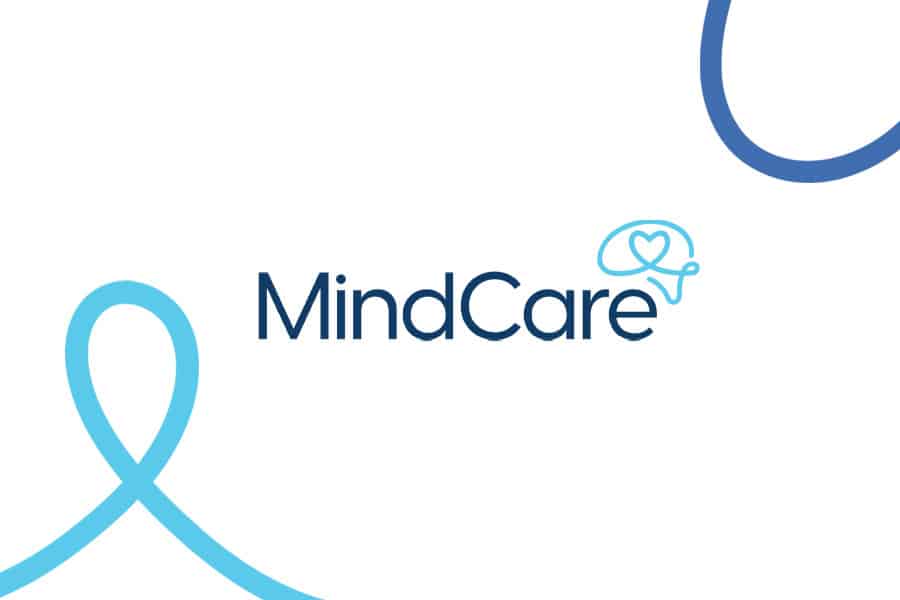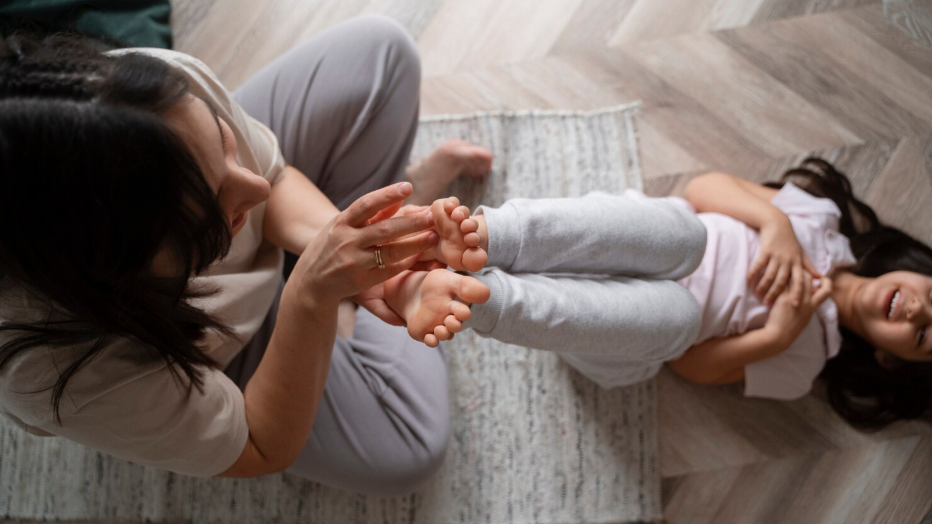- Nervousness before a job interview
- Worry about health procedures
- Fear during dangerous events
These reactions help us prepare for threats and prevent risky behaviour. Without them, we might ignore important warning signs in life.
When does anxiety become a problem?
Anxiety becomes problematic when it is chronic, excessive, or disruptive.
Signs include:
- Worry that feels constant or uncontrollable
- Avoidance of everyday activities due to fear
- Emotional distress without a clear trigger
This may suggest the presence of an anxiety disorder, which requires attention and support.
What are the signs of an anxiety disorder?
Anxiety disorders often cause persistent distress, even in safe or neutral environments.
Common symptoms:
- Restlessness or feeling on edge
- Difficulty concentrating
- Sleep problems
- Muscle tension or fatigue
- Panic or irrational fears
If these interfere with your daily life, a mental health assessment is recommended.
What types of anxiety disorders are there?
Anxiety disorders can present in different forms, and some people may experience multiple conditions.
Common types include:
- Panic Disorder – sudden episodes of intense fear
- Generalised Anxiety Disorder (GAD) – persistent, excessive worry
- Social Anxiety Disorder – fear of social judgement
- Obsessive-Compulsive Disorder (OCD) – repetitive thoughts and behaviours
Co-occurring conditions may include depression or substance use disorders.
How can you treat anxiety effectively?
Anxiety disorders are treatable through a combination of psychological and medical interventions.
Step 1: See your GP
Your doctor will:
- Rule out physical causes
- Refer you to mental health services
Step 2: Begin psychological therapy
A psychologist may use:
- Cognitive Behavioural Therapy (CBT) – to change unhelpful thinking
- Exposure Therapy – to reduce avoidance and fear
- Acceptance and Commitment Therapy (ACT) – to build psychological flexibility
Therapy plans are personalised based on your symptoms and goals.
How does anxiety affect children differently?
Children may show anxiety in behavioural, emotional, or physical ways.
Signs may include:
- School refusal
- Frequent stomach aches
- Trouble sleeping
- Withdrawal from peers
Supporting an anxious child requires:
- Clear routines
- Teaching relaxation skills
- Helping them solve problems
Working with a psychologist ensures parents learn how to guide and support their child effectively.
FAQs
Is it normal to feel anxious sometimes?
Yes. Anxiety is a normal part of life that helps us stay alert and safe.
When should I be concerned about my anxiety?
When it becomes persistent, distressing, or interferes with your daily life.
What are the most common types of anxiety disorders?
Panic disorder, generalised anxiety, social anxiety, and OCD.
Can anxiety be treated without medication?
Yes. Many anxiety disorders respond well to psychological therapy alone.
How do I support my child with anxiety?
Teach problem-solving and relaxation, and consult a psychologist for tailored strategies.
How does MINDCARE help with anxiety disorders?
MINDCARE offers psychiatry and psychology services for all ages, including anxiety treatment and family support.
Worried that anxiety is interfering with daily life?
You don’t have to navigate it alone. Yes, anxiety and worry are normal responses to uncertain or stressful situations—examples include major life changes, school or work pressure, or relationship challenges.
At Mind Care, we support children, teens, and adults with evidence-based therapies tailored to each person’s experience with anxiety.
Contact us today to book a confidential consultation and take the first step toward understanding, managing, and reducing anxiety—professionally and compassionately.












